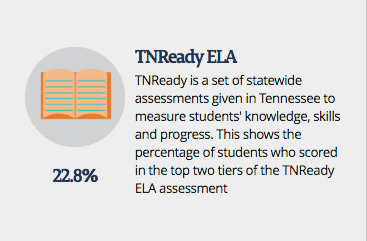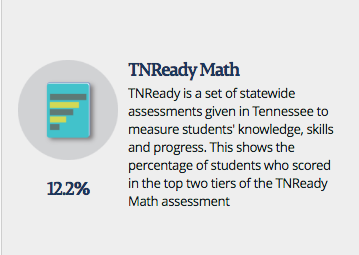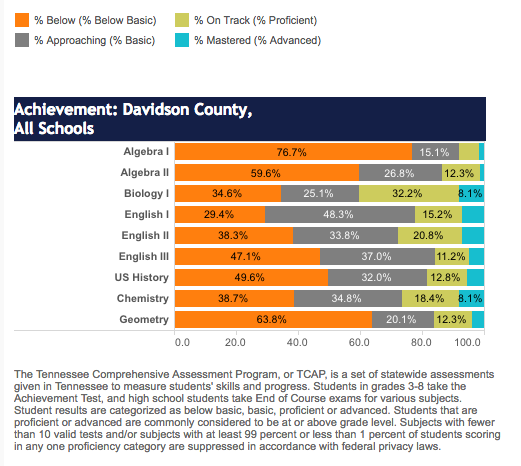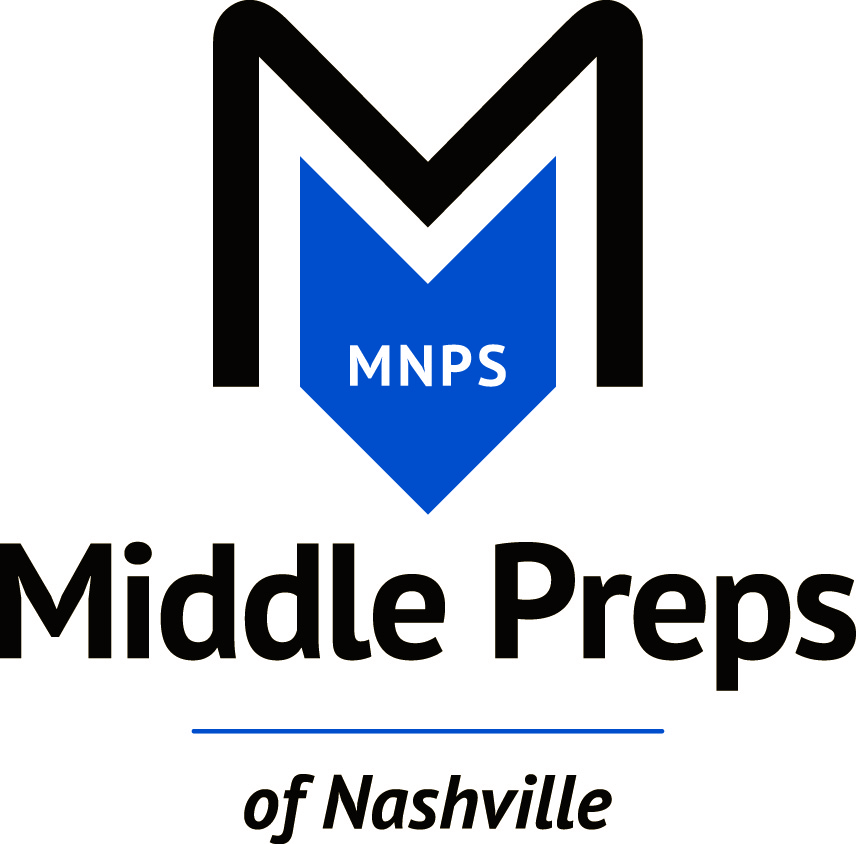During the State of the State address on Monday, Governor Haslam announced that he is fully funding the Basic Education Program (BEP). Here’s what chalkbeat had to say:
In conjunction his seventh State of the State address, Haslam released a $37 billion proposed budget for 2017-18, including almost $230 million more for schools following a historic increase last year. Haslam said it’s one of the largest education funding increases in the state’s history and amounts to fully funding schools under the state’s funding formula known as the Basic Education Program.
Here’s what Haslam said during his address:
We’re fully funding the Basic Education Program including $22 million in additional dollars to help schools serve high need students and $15 million for career and technical education equipment. One hundred million dollars ($100 million) is included for teacher salaries, bringing the three year total since FY 16 to more than $300 million in new dollars for teacher salaries and more than $430 million in new dollars for salaries since 2011. Tennessee has shown it will not balance the budget on the backs of teachers and students. In fact, under the legislature and this administration, Tennessee has increased total K-12 spending by more than $1.3 billion.
It’s great the Governor Haslam is finally fully funding the BEP, which will allow for more resources going into the classrooms to help our students and teachers. For years, legislators, parents, bloggers, and local education officials have asked the Governor to fully fund the BEP. He finally listened.
Thanks for finally coming through, Governor Haslam.
Where do the funds go?
- $100 million more for teacher salaries
- $22 million more for English Language Learners
- $15 million more for career technical education
- $4.5 million more for the Read to be Ready initiative
- $6 million (one time) for charter school facilities
I know many teachers will be extremely happy when they read the news. I know I am. Now that it is fully funded, it’s time to make sure it’s fair.
For more on education politics and policy in Tennessee, follow @TNEdReport.








